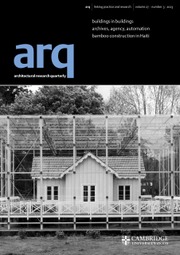Article contents
Memorials incognito: the candle, the drain and the cabbage patch for Diana, Princess of Wales
Published online by Cambridge University Press: 03 August 2010
Extract
In the second half of the twentieth century, the growing recognition of the plurality of history and the constructive nature of monuments, in conjunction with a more general realisation of the intellectual problems of war, resulted in a widespread interrogation – both intellectually and aesthetically – of concepts of memorialisation and commemoration. This interrogation is credited as the catalyst for a series of new approaches to monument-making, famously exemplified by Maya Lin's Vietnam Veterans Memorial in Washington (1982) in addition to a series of holocaust-related memorials, such as those theorised in the seminal writings of James E. Young. These memorials, in conjunction with post-modern discussions of the politics of memory and issues of counter-memory, complicated the culture of commemoration, seeing the emergence of new commemorative types known as counter-monuments, which Young defines as ‘memorial spaces conceived to challenge the very premise of the monument’. These are often also identified by terms such anti-memorials or progressive memorials. Among these, new sub-genres also emerged in response to particular methods of commemoration such as living and spontaneous memorials, in addition to more gestural methods of commemoration involving, for example, services or performances that transcend the categories of sculpture and architecture.
- Type
- theory
- Information
- Copyright
- Copyright © Cambridge University Press 2010
- 3
- Cited by




